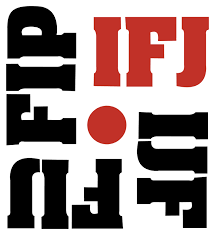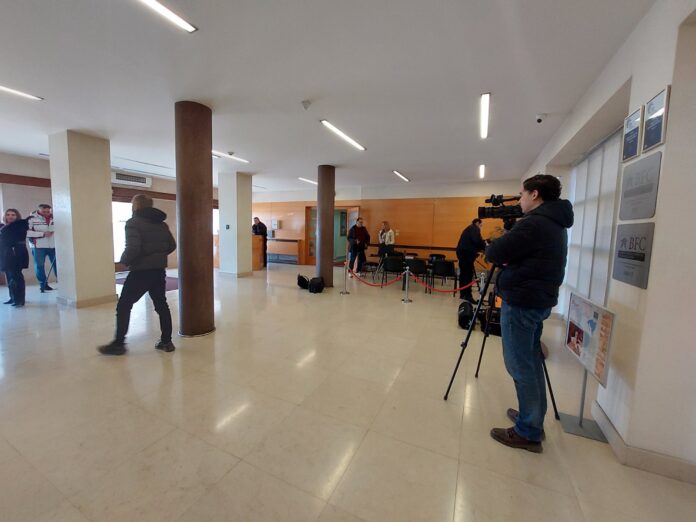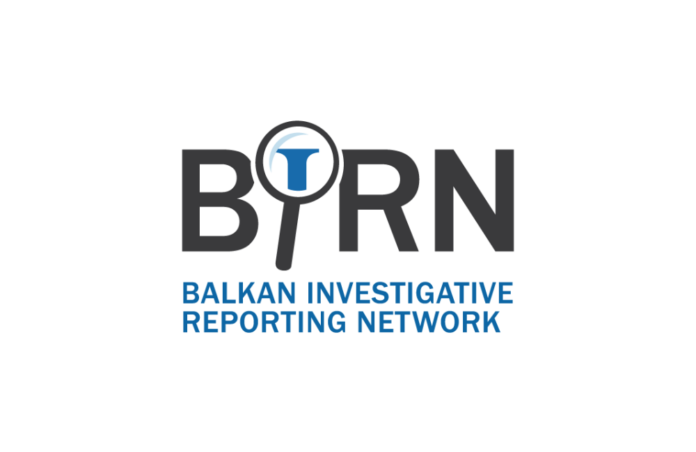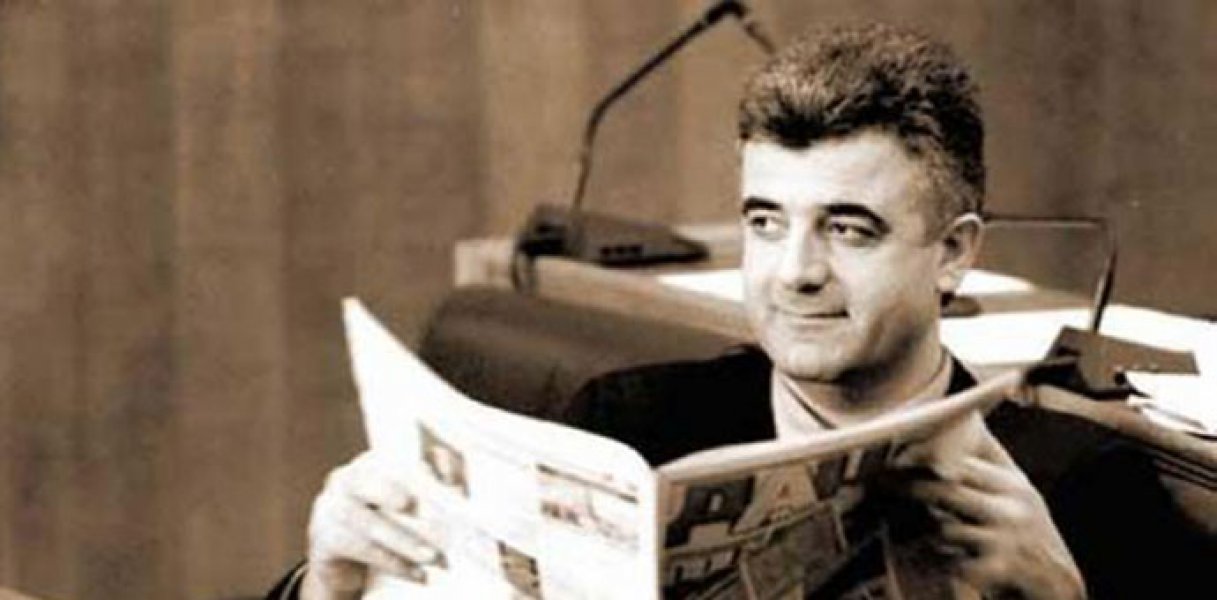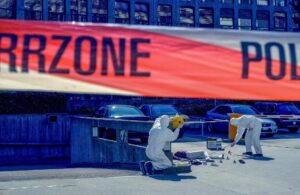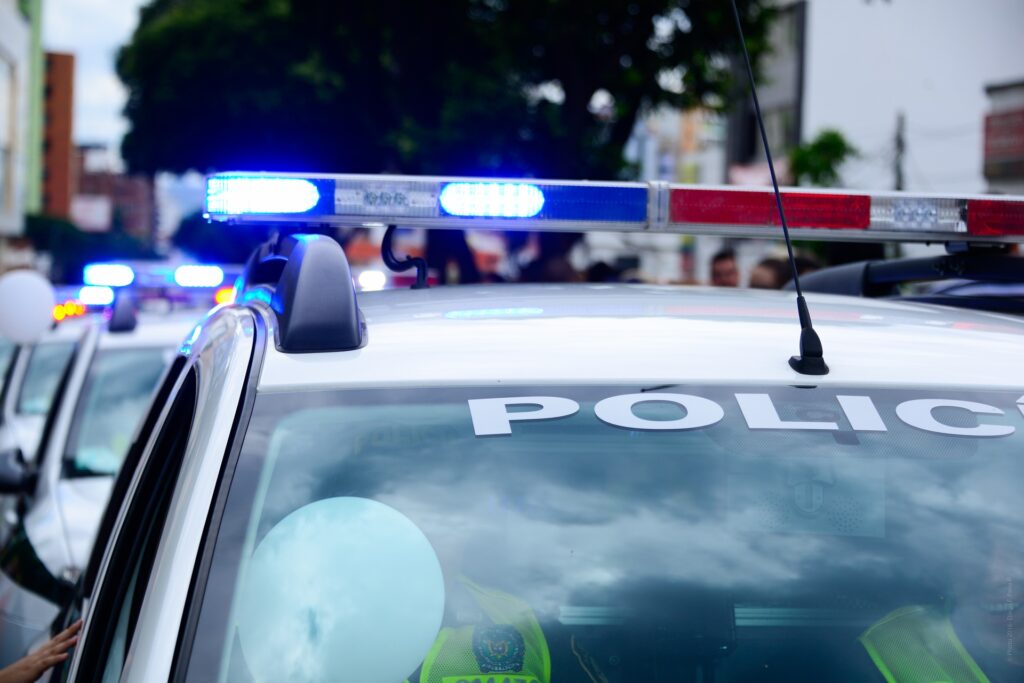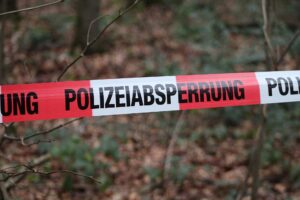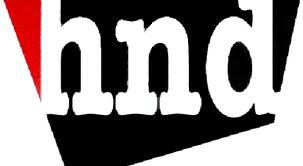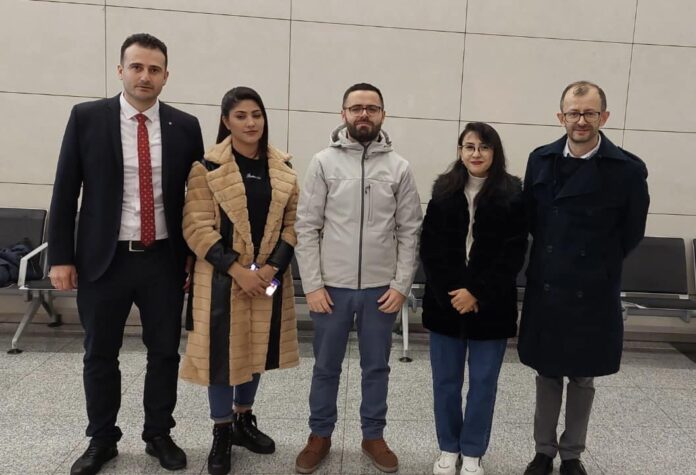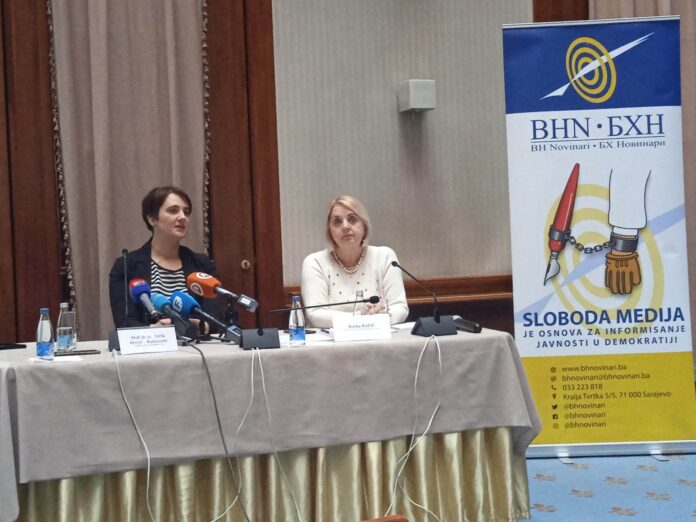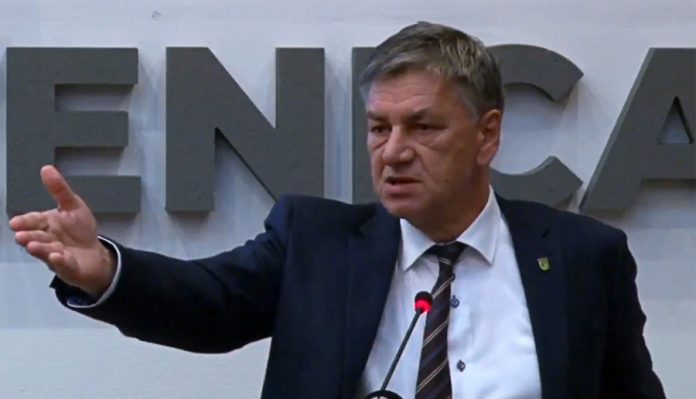Five years after the assassination of Ján Kuciak and Martina Kušnírová, Slovak judges are nearing their judgment in the retrial of the alleged mastermind of the murder of Aktuality.sk’s journalist and his fiancée. While the hitmen and an intermediary of the February 2018 killing have already been convicted to long prison sentences, suspect Marián Kočner, charged with ordering the crime, was acquitted. With the retrial verdict expected in April 2023, our organisations renew our call for full justice for the double murder.
The undersigned organisations conducted a fact-finding and advocacy mission in the country to express their support to the families and colleagues of Ján Kuciak and Martina Kušnírová and as well as to evaluate press freedom in Slovakia five years after their murder. We took active part in the commemorative events and met with Slovak journalists. In meetings with the President, Prime Minister and political parties, we encouraged them to continue reforms and implement new measures to improve safety of journalists and independence of the media – including the public broadcaster RTVS – and to protect against abusive lawsuits and defend whistleblowers. Like the road to full justice for Ján and Martina’s assassination, Slovakia’s progress on media freedom remains fragile.
As political parties prepare for early elections scheduled for September 2023, our organisations call for new political consensus and commitments to improve media freedom and the safety of journalists to prevent any future killing of a journalist and allow Ján Kuciak’s colleagues to continue his legacy of public interest reporting.
Safety of journalists
After the 2020 elections, law enforcement bodies – the police, special prosecution and the courts – started tackling corruption revealed by journalists, which won them their trust. But full justice has not yet been served for either the assassination of Ján Kuciak or for other crimes against journalists such as their massive surveillance by “Kocner’s squad”, a network of individuals paid to supply information to the businessman. At the same time, the new survey conducted by the Investigative Centre of Ján Kuciak (ICJK) within the project Safe.Journalism.sk shows Slovak journalists are most frequently targeted with online and verbal attacks.
One of the greatest threats journalists in Slovakia are facing today are verbal attacks including denigrating smear campaigns from politicians, which acts as a signpost for members of the public to further carry out online abuse. These attacks from politicians – which should be unequivocally condemned – remain largely unsanctioned.
Political leaders and parties should:
- Commit to providing law enforcement authorities with all necessary means to bring about justice for crimes against journalists and improve their protection in line with the European Commission’s Journalist Safety Recommendation from September 2021.
- Pledge to respond positively if Slovakia’s new protection mechanism, Safe.Journalism.sk, requests cooperation.
- Pledge to ban verbal attacks and smear campaigns against media, and to condemn such attacks and sanction party members who violate the ban.
- Pass amendments to the criminal code to strengthen punishments for aggravated attacks and threats against journalists targeted for their work.
Independence of the media
In 2022, Parliament passed important bills strengthening the legal protection of confidentiality of journalistic sources as well as reinforcing transparency of media ownership and funding. The former Director General of the public broadcaster RTVS, under whose mandate more than 30 journalists had quit, was replaced after a transparent election in parliament. Lawmakers have, however, failed to fundamentally reform the heavily political selection process. Moreover, as of July 2023, they decided to remove the licence fees, the main source of funding, and replace them with state subsidies pending a long-term solution. It was reported to the mission that the new Director General enjoys the general trust of the media community.
The current government should swiftly propose a new mechanism which will guarantee adequate and stable funding for RTVS, free of political pressures and overseen by an independent body. A public consultation involving the broadcaster should also be organised. After the next general election, political parties should commit to reforming the selection process of the public media’s Director General and its oversight body to further increase RTVS’ independence. By doing so, political leaders should be inspired by good practice and the positive elements of the European Commission’s proposed European Media Freedom Act.
Protection against abusive lawsuits and access to information
We welcome the commitment by the government to implement the European Commission’s recommendation against Strategic Lawsuits Against Public Participation (SLAPPs) and to support the proposed anti-SLAPP Directive. We call on all parties to follow this lead and pledge similar reforms to tackle vexatious lawsuits at the national level.
We are concerned that defamation remains punishable in Slovakia by a prison sentence of two to eight years. Although such sentences, among the harshest in the EU, are not applied by courts, they allow politicians and businessmen to exercise pressure on journalists. Media continue to be targeted by civil lawsuits with requests for damages of tens of thousands of euros. The Ministry of Justice has proposed to decrease the maximum prison sentence for defamation to one year and – in case of significant damage – to two years. Political parties are called upon to remove altogether prison sentences for defamation and to fully decriminalise defamation.
The legal framework for Freedom of Information (FOI) remains strong overall and among the best in the EU. It is positive that the Amendments to the FOI Act were passed by Parliament in 2022, banning the lawsuits against journalists for publishing information obtained via FOI requests. We welcome the establishment of the Office for the Protection of Whistleblowers, urge the government to transpose the EU Whistleblower Directive in full, and take all measures to provide maximum protection to all whistleblowers.
The assassination of Ján Kuciak and Martina Kušnírová led to sweeping societal and political changes in Slovakia. However, the mastermind of the murder has still not been convicted and the authorities have yet to take all necessary measures to protect journalists and defend independent media. The end of impunity must become a reality and the new political cycle must be turned by political parties into an opportunity to strengthen press freedom.
Signed:
- ARTICLE 19 Europe
- Committee to Protect Journalists (CPJ)
- European Centre for Press and Media Freedom (ECPMF)
- European Federation of Journalists (EFJ)
- Free Press Unlimited (FPU)
- International Press Institute (IPI)
- Reporters Without Borders (RSF)



